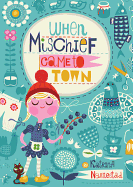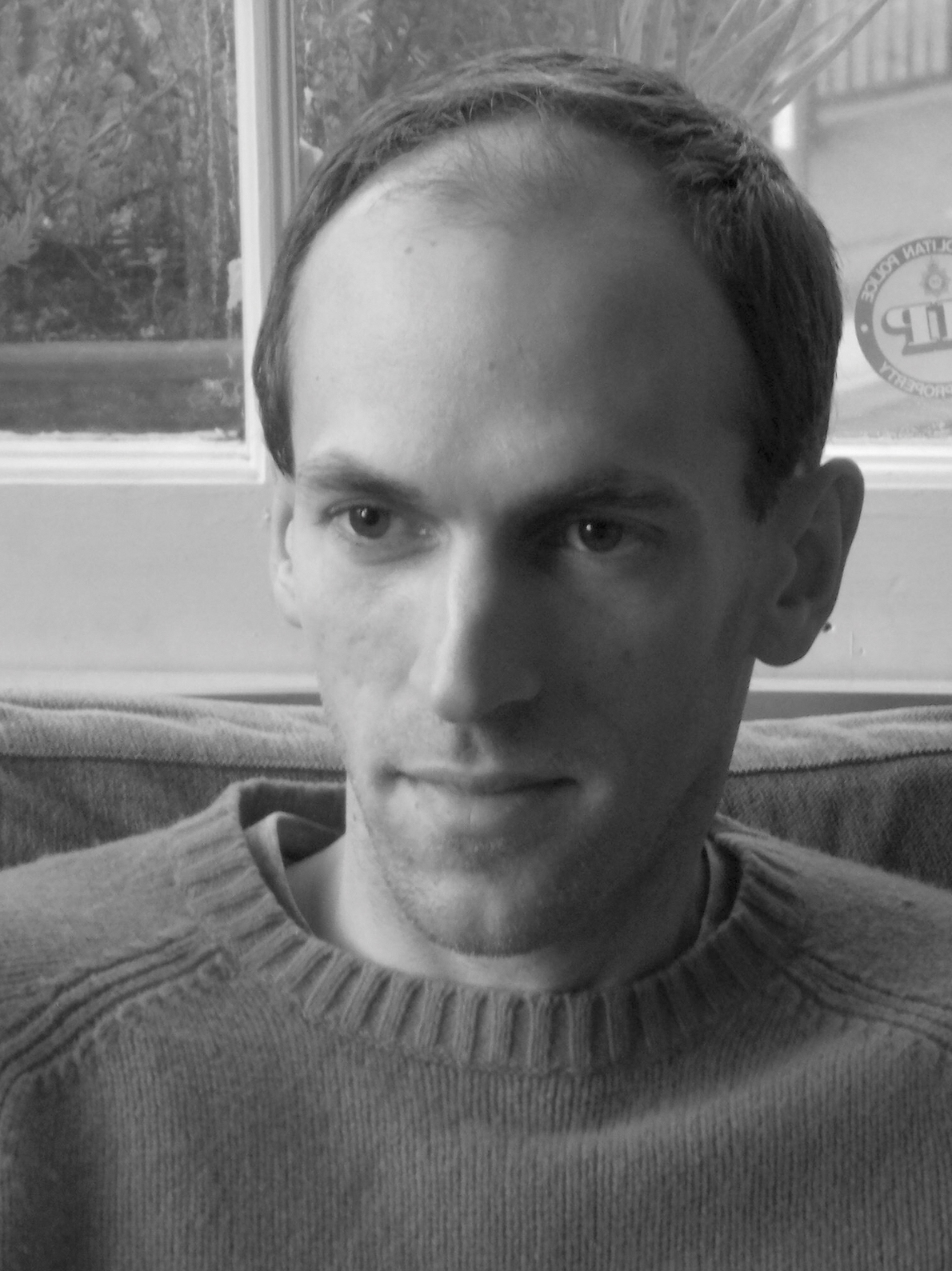 |
| photo: Caroline Maclean |
Benjamin Markovits left an unpromising career as a professional basketball player to study the Romantics--an experience he wrote about in Playing Days (HarperPerennial, November 3, 2015). He has published seven novels, including You Don't Have to Live Like This (HarperCollins, July 7, 2015), about an experimental community in Detroit. In 2009 he was a fellow of the Radcliffe Institute for Advanced Study at Harvard and won a Pushcart Prize for his short story "Another Sad, Bizarre Chapter in Human History." Granta selected him as one of the Best of Young British Novelists in 2013. Markovits lives in London and is married, with a daughter and a son. He teaches Creative Writing at Royal Holloway, University of London.
On your nightstand now:
The Rabbit novels by John Updike. I started them because I was writing a piece about the way white writers write black characters--Rabbit Redux is particularly weird on that front. But then I got hooked and kept going.
I've also just bought a secondhand collection of Hawthorne's stories. Every year I teach The Scarlet Letter, and every year I look forward to rereading it. Maybe the reason is I never read it in high school, so it didn't get spoiled. It turns out this is an age-old problem. Even Byron talks about it--he hated Horace because he had to read him at Harrow.
Favorite book when you were a child:
The Three Musketeers by Alexandre Dumas. I loved all the D'Artagnan novels. I remember something Robert Louis Stevenson once wrote, that D'Artagnan in Twenty Years After was his type of the perfect man.
Your top five authors:
Jane Austen, Saul Bellow, Richard Ford, Henry James, Philip Roth. But it keeps changing, or rather, there are books I like, and writers who mean something to me, but I don't put them on lists or keep track. When I was a kid, I used to annoy my sister (who became an English academic) by arguing that Austen was second-rate. Obviously, she was right and I was wrong, though I still get bugged a little by the happy-ending tendency. Which is why my favorite is probably Mansfield Park. That's a great novel. Anyway, it seems to me that most of what matters to a writer you can learn from her.
Book you've faked reading:
I can't really remember doing this, but it's probably happened. Just because it's sometimes easier to nod when people talk about something they've read. But I showed up at college with a copy of Festus by P.J. Bailey. A classy old edition, with one of those 19th-century covers that makes your elbow shiver when you run your finger across it. It seemed to me the sort of thing you should show up to college with, that's the kind of jerk I was. But I never made it through the whole book.
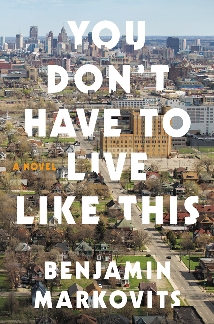 Book you're an evangelist for:
Book you're an evangelist for:
Pnin by Vladimir Nabokov. I teach it every year. It's one of the rare great books that is basically happy, optimistic and kindhearted--even though there are some very dark things in it. It's one of those books I would have loved to have written. Much better than Lolita, I think.
Book you've bought for the cover:
Crow by Ted Hughes. The Faber edition. That's a great cover.
Book you hid from your parents:
The Witches of Eastwick by John Updike.
Book that changed your life:
When I was 17, my family moved to Berlin for the year. I was very lonely and responded to that loneliness by doing two things: playing a lot of ping-pong with my dad--on a tiny portable table, which was so small the only way you could win a point was by hitting the ball off the metal rim--and reading and rereading Good-Bye to All That by Robert Graves.
Favorite line from a book:
"A person doesn't change because you find out more." --from The Third Man by Graham Greene. Another favorite book. The movie isn't bad, either.
Five books you'll never part with:
Palgrave's Golden Treasury, Philip Larkin's Required Writing, Goodbye, Columbus by Philip Roth, Pnin by Nabokov, The Aspern Papers by Henry James. The Larkin book has an interview from the Paris Review, along with his reviews and other short pieces--all of them have interesting things to say, and the general tone is that wonderfully casual, sane, reasonable but at the same time occasionally crazy English tone, which can make outrageous claims in a totally calm voice.
Book you most want to read again for the first time:
My daughter is eight and she reads in a way that I can't any more--she swallows books whole. You apply very different tests to a book when you're young--you don't keep comparing them against the world you know, or other books you have read, because you don't know the world and you haven't read much. It's not that I'd like to read anything particular again for the first time, but it would be great to recapture that kind of total absorption.
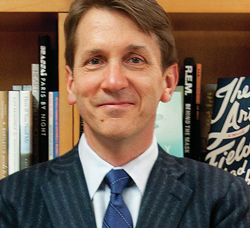 "I've been hearing about the demise of book publishing since the first day I stepped through the doors of a publisher back in 1978. But here we are still, publishers like Little, Brown, with histories going back 100 and 200 years. What other American industry has companies still in existence after two centuries, evolving and modernizing but still doing much the same work?... And 50 years from now, a young woman starting work at a publishing company, inspired by Anna Karenina (both the comic version she read on her watch and the paperback she read in college), will read an article predicting that the business is not long for the world...."
"I've been hearing about the demise of book publishing since the first day I stepped through the doors of a publisher back in 1978. But here we are still, publishers like Little, Brown, with histories going back 100 and 200 years. What other American industry has companies still in existence after two centuries, evolving and modernizing but still doing much the same work?... And 50 years from now, a young woman starting work at a publishing company, inspired by Anna Karenina (both the comic version she read on her watch and the paperback she read in college), will read an article predicting that the business is not long for the world...."




SHELFAWARENESS.1222.S1.BESTADSWEBINAR.gif)



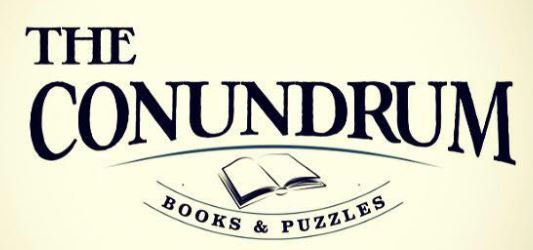 "While we waited for all the inventory to be delivered, we started scheduling events," said Missy Couhig, co-owner of
"While we waited for all the inventory to be delivered, we started scheduling events," said Missy Couhig, co-owner of 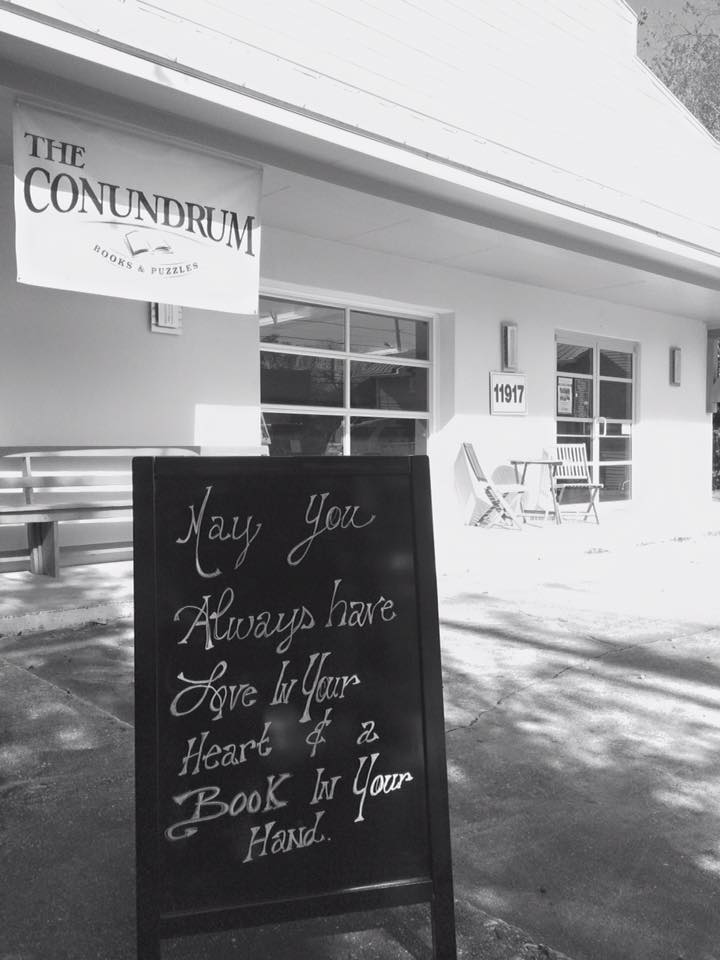 To build starting inventory, Couhig and her husband have been asking customers and community members about their favorite books and authors and using those answers as a starting point. The idea, explained Couhig, is to build a bookstore around the people of St. Francisville rather than be a one-size-fits-all sort of store. Added Couhig: "We're moving slowly, but that doesn't bother me at all."
To build starting inventory, Couhig and her husband have been asking customers and community members about their favorite books and authors and using those answers as a starting point. The idea, explained Couhig, is to build a bookstore around the people of St. Francisville rather than be a one-size-fits-all sort of store. Added Couhig: "We're moving slowly, but that doesn't bother me at all."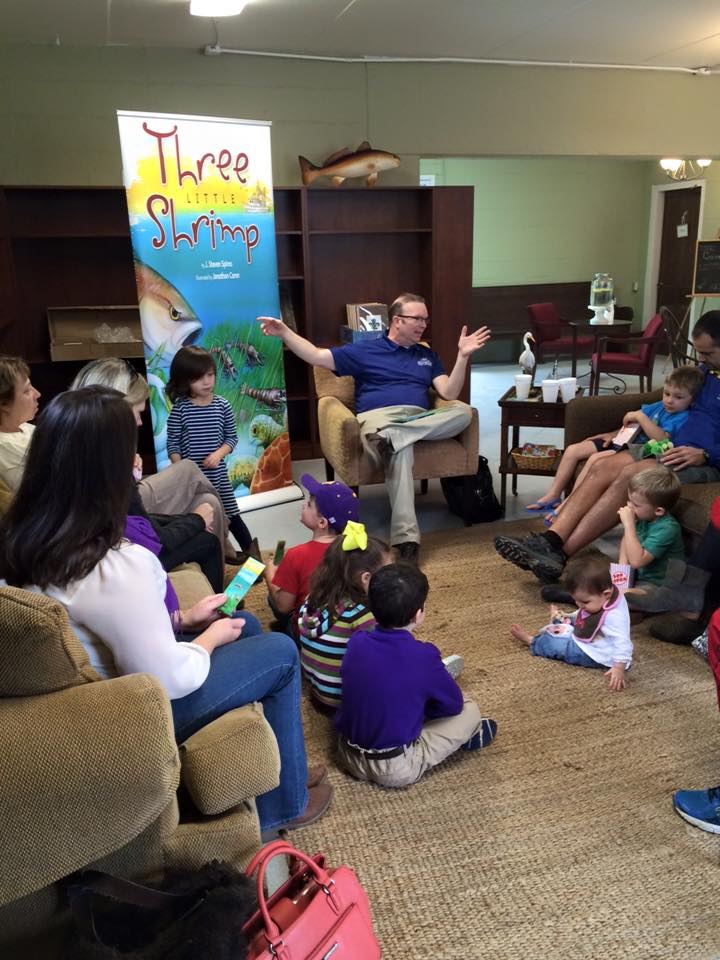
SHELFAWARENESS.1222.T1.BESTADSWEBINAR.gif)
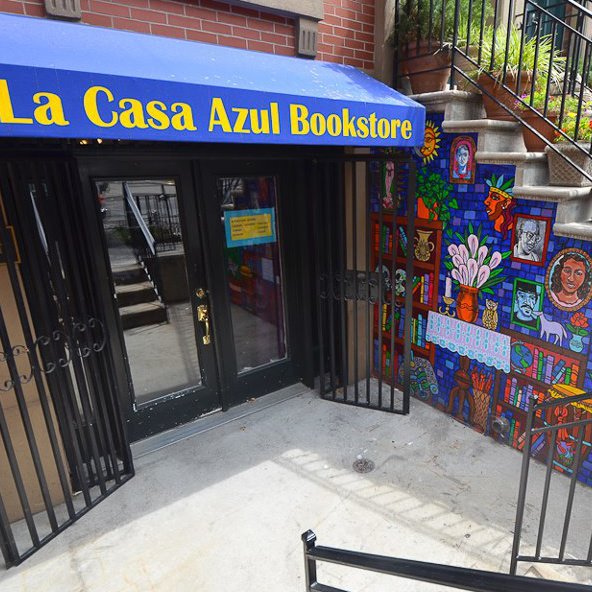
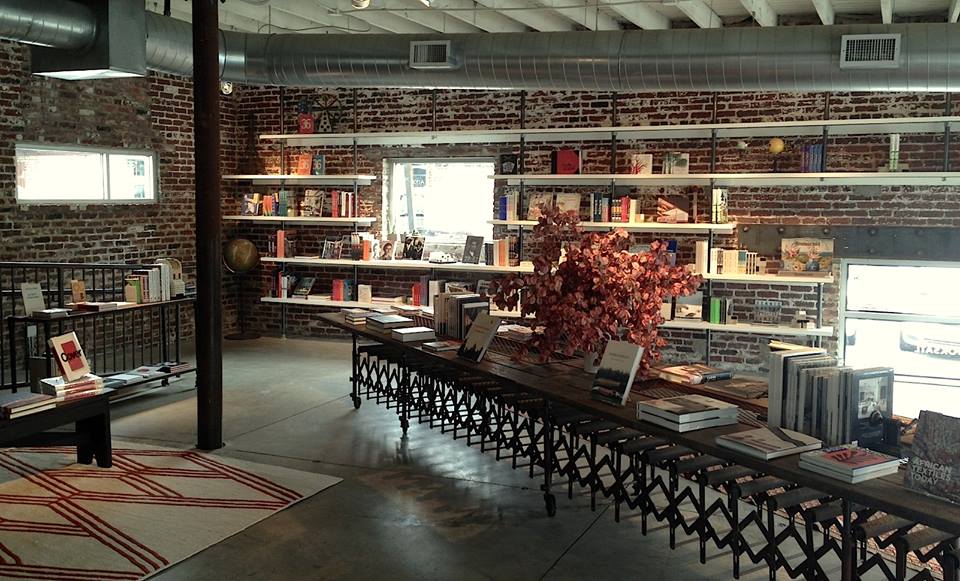 Creative Loafing invited readers to "meet the woman behind
Creative Loafing invited readers to "meet the woman behind 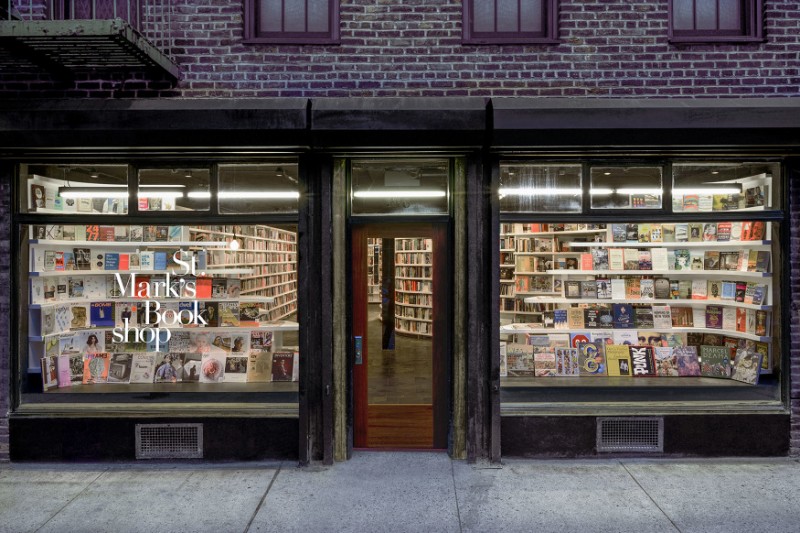 St. Mark's Bookshop
St. Mark's Bookshop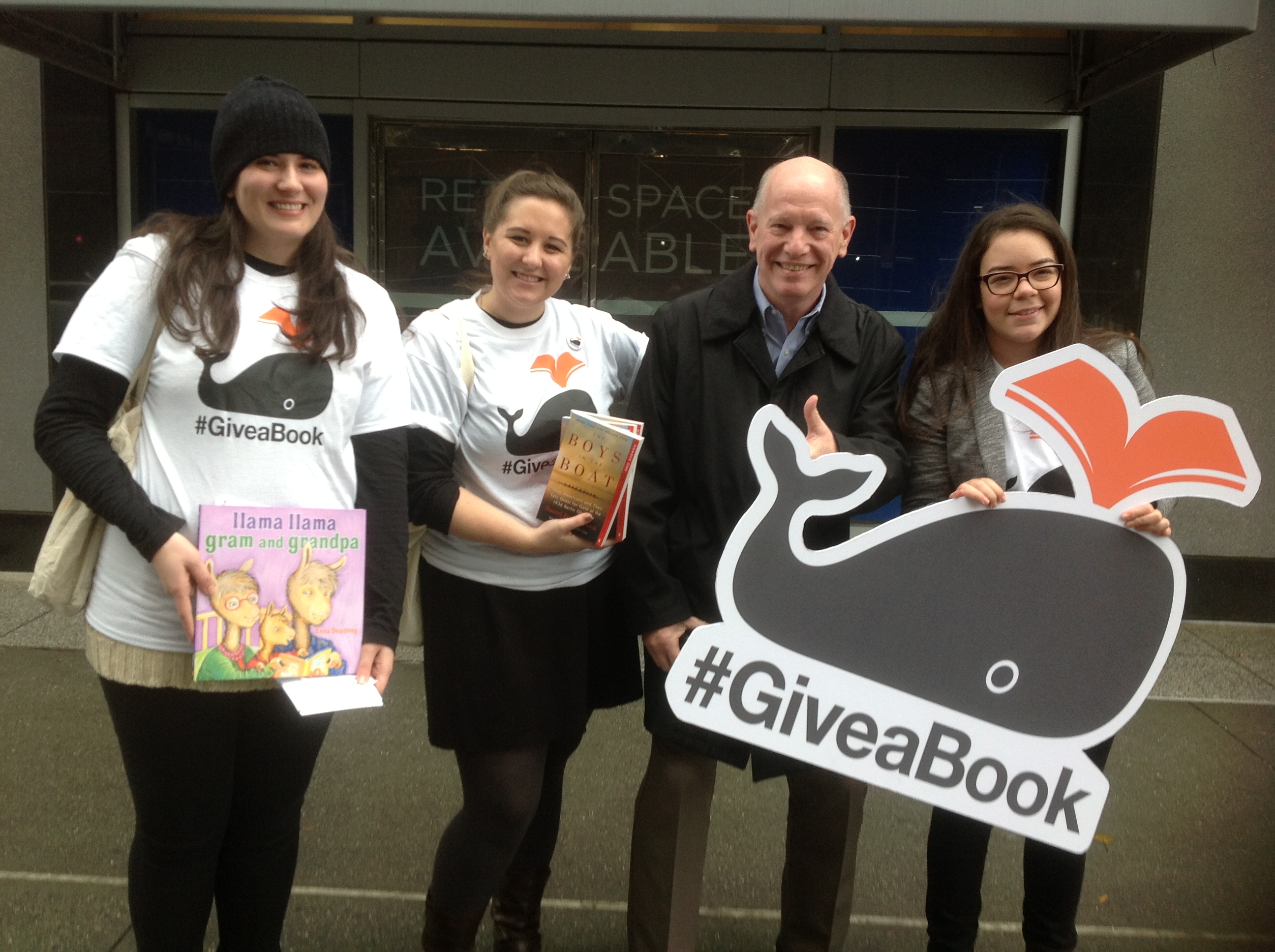 For
For 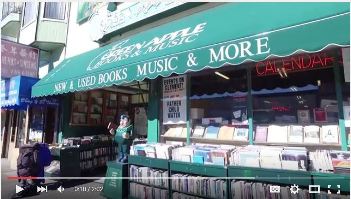
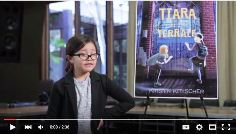 The Tiara on the Terrace
The Tiara on the Terrace
 Book you're an evangelist for:
Book you're an evangelist for: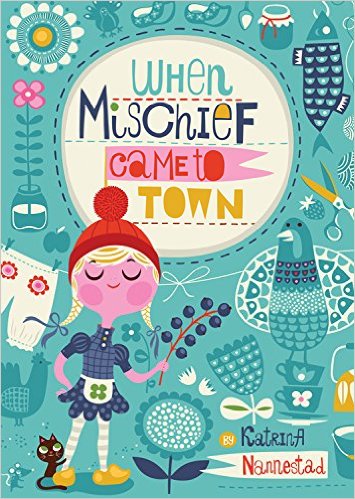 When Mischief Came to Town, originally published in author Katrina Nannestad's home country of Australia, is a funny, warmhearted story about the search for family and the power of belonging.
When Mischief Came to Town, originally published in author Katrina Nannestad's home country of Australia, is a funny, warmhearted story about the search for family and the power of belonging. 